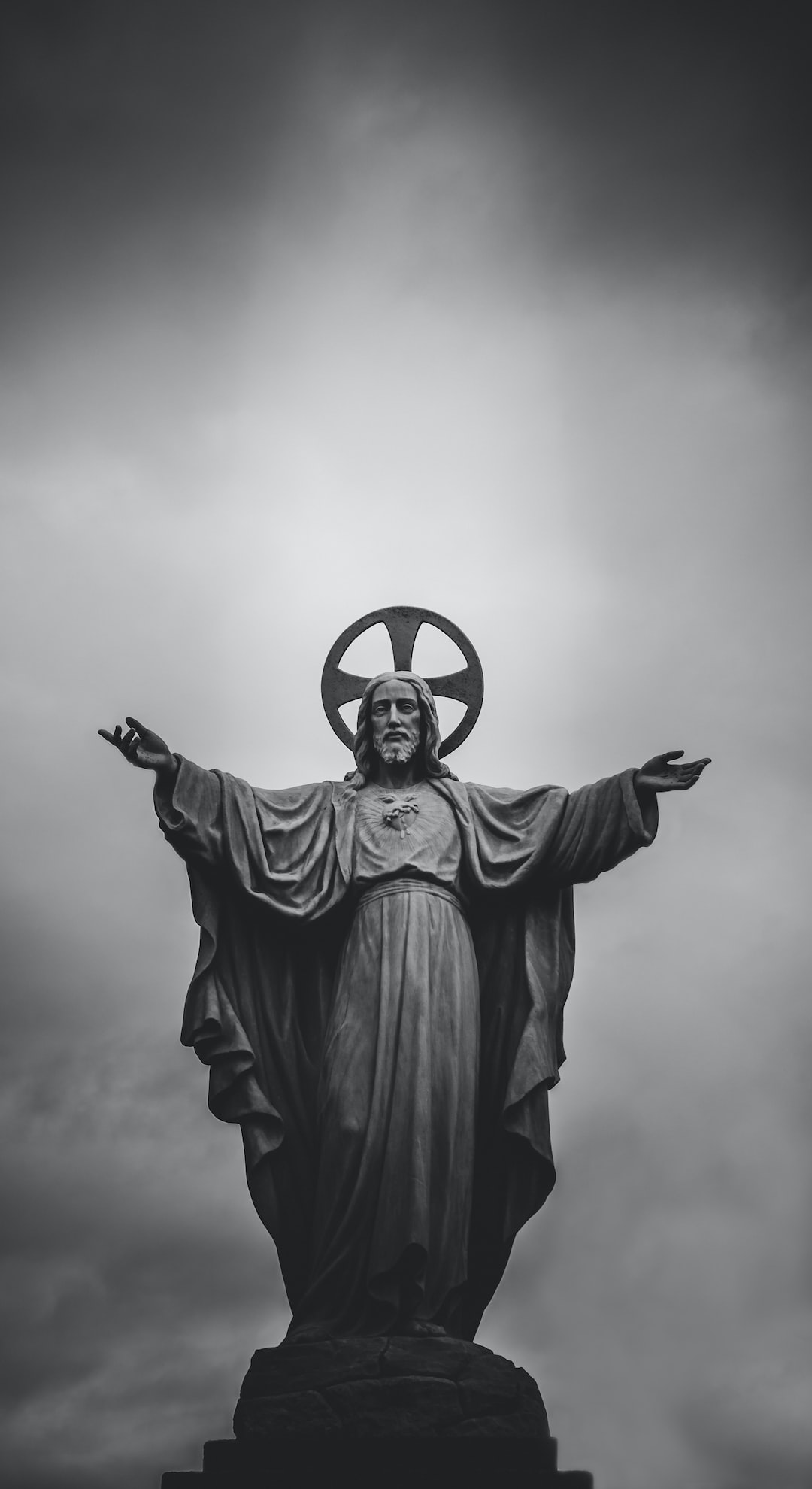Religion has always been an integral part of society, influencing people’s beliefs, customs, and social norms. The influence of religion on social customs and mores can be seen in how people dress, behave, and interact socially. Religion has the power to shape the way people behave, communicate, and engage with each other.
Religion has played a critical role in shaping social customs and mores. For example, in many religious traditions, modesty is seen as a virtue, and the way people dress and carry themselves is influenced by their beliefs. This is why many religious communities have dress codes that require people to dress conservatively and modestly. Similarly, religious traditions have influenced manners and social etiquette, from how people greet each other to how they behave at social functions.
One of the ways religion has influenced social customs and mores is through the creation of moral codes. Many religious traditions have moral codes that provide clear guidance on how people should behave. For example, the Ten Commandments in Christianity provide guidance on how people should treat each other, how they should behave in their families, and how they should honor their own bodies. These moral codes have helped build a sense of community and shared values, which have served as the foundation for social customs and mores.
Religion has also influenced social customs and mores by promoting certain behaviors and practices. For example, many religious traditions promote charitable giving and helping those in need. This has led to the creation of many social service organizations, which provide aid to people in need, such as the homeless or those suffering from illness. Additionally, many religious traditions promote the importance of family, which has led to the creation of strong family structures and tight-knit communities.
However, religion has also been criticized for its influence on social customs and mores. Some argue that religion is used to justify discrimination against certain groups, such as people of different races or sexual orientations. For example, many religious traditions prohibit homosexuality, which has led to discrimination and persecution of those who identify as LGBTQ+. Similarly, many religious traditions have been used to justify sexism, which has led to discrimination against women in many societies.
In conclusion, religion has had a significant influence on social customs and mores. It has helped shape people’s beliefs, attitudes, and behaviors toward others, and has served as the foundation for many social customs and mores. While religion has contributed positively to society in many ways, it has also been criticized for its role in promoting discrimination and inequality. Nonetheless, the influence of religion on social customs and mores remains a critical aspect of human society.

